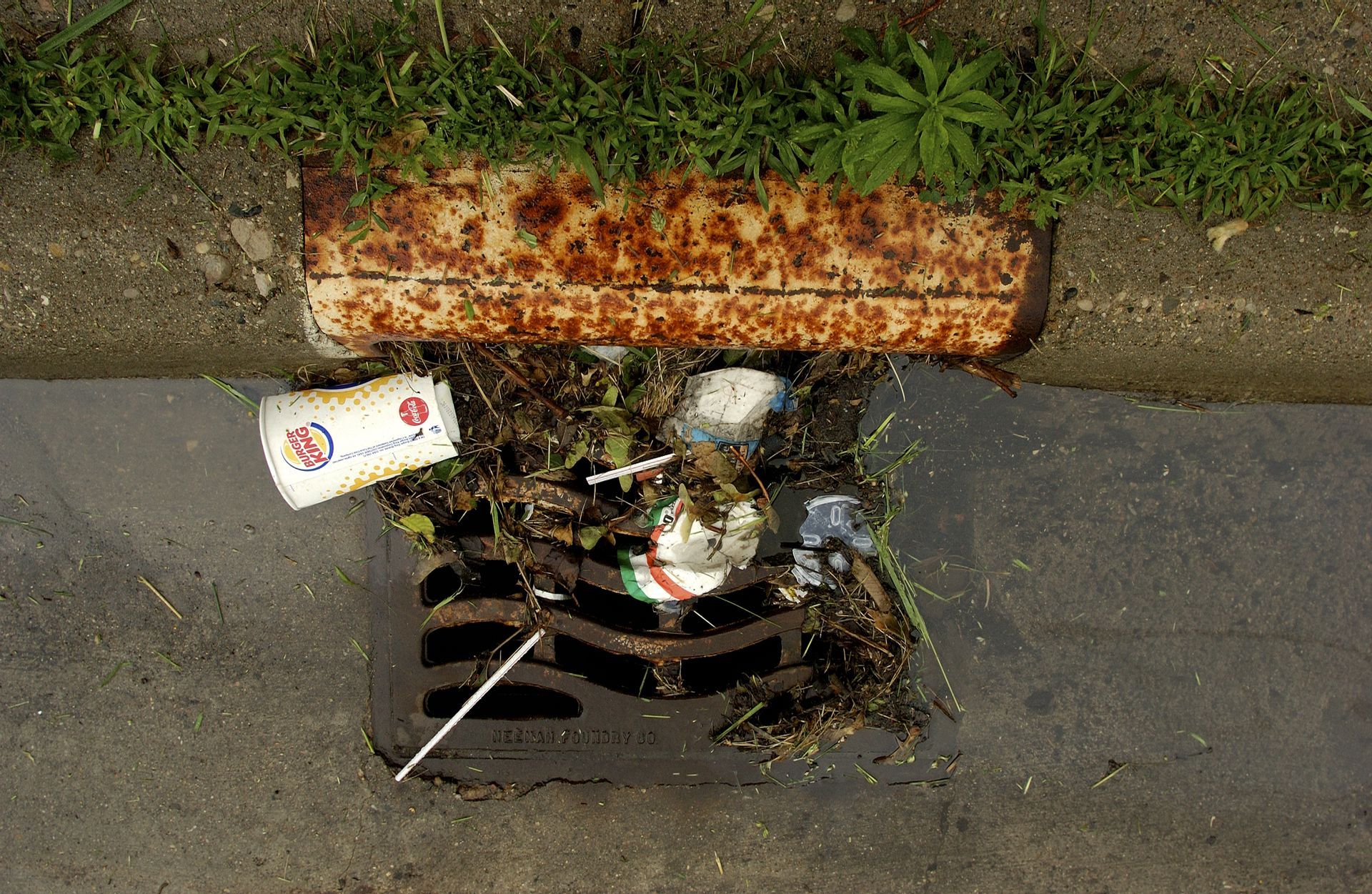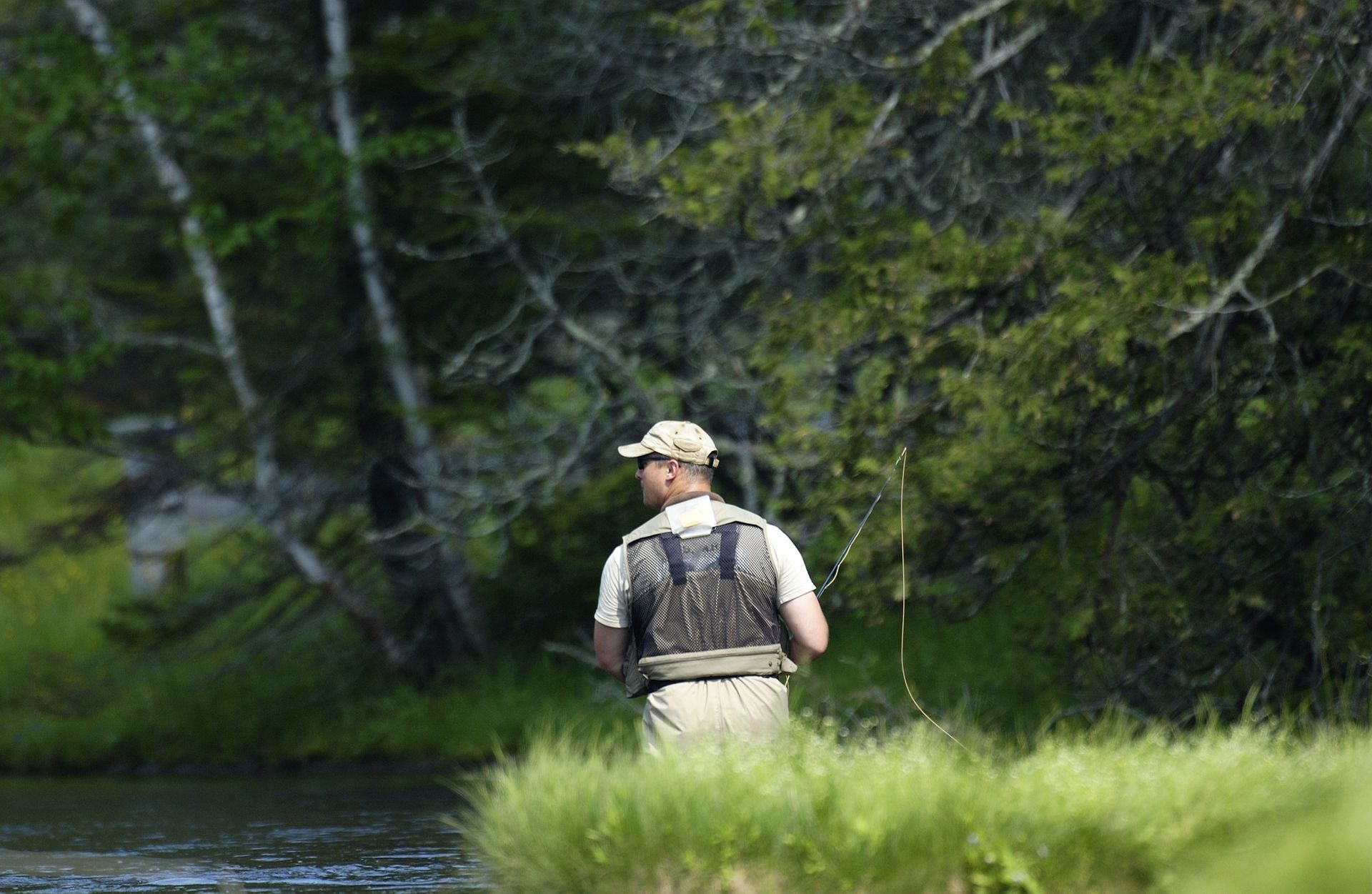The Importance of Michigan’s Rivers
According to the National Wild and Scenic Rivers System , Michigan is home to over 300 named rivers which extend 51,438 miles across the state. Rivers offer many important benefits such as habitat for fish and wildlife, transportation, and recreational opportunities for the general public. Things like pollution can damage a river, causing harm not just to the environment, but to people as well. Read on to learn more about rivers and how you can help protect them for generations to come.
River Ecosystem Benefits
Rivers provide important habitat for many different fish species. They allow fish to reproduce, escape predators, and find feeding grounds. Fish such as trout, catfish, salmon, and river herring use rivers to fulfill critical life cycle needs. Trout like to live in cool highland streams, while catfish occupy dark, slow-moving water. Migratory fish like salmon swim up rivers to return to stony beds where they reproduce. Smaller fish like river herring also swim upriver to reproduce, and then swim out into the ocean where they become food for larger fish like cod, haddock, and striped bass.
Rivers also offer benefits for wildlife. They provide habitat for small aquatic invertebrates which are a food source for fish. Many birds use rivers for habitat and feeding grounds like the great blue heron, belted kingfisher, and songbirds like the Louisiana waterthrush. Larger animals such as deer use rivers as a water source. Rivers provide critical habitat for threatened and endangered species in Michigan such as the Blanding’s turtle and wood turtle.
Rivers are important not just for fish and wildlife, but for local communities as well. They give us clean drinking water and are a source of irrigation for crops. The installation of hydro-electric dams have allowed rivers to power our homes and appliances. Large rivers are used as transportation systems for cargo such as grain, coal, and ore. During the summer, many people use rivers for recreational activities like fishing, tubing, and kayaking.
Threats to River Ecosystems
Rivers remain vulnerable to many ecosystem threats such as habitat loss and pollution. Human activities can damage or destroy part of a river, leading to a loss of habitat for many fish and wildlife species. Digging channels or straightening rivers destroys nearby wetlands and floodplains and can lead to flooding because there is nowhere for water runoff to go. Riverside development of houses and other buildings decreases shade, which can lead to warmer waters that threaten cold-dependent species. Farming methods can cause fertilizer and toxic chemicals to contaminate a river and decrease water quality. Stormwater and sewage systems can overflow and seep into rivers, creating a high disease risk. Excess nutrients in a river can also cause toxic algal blooms to form.

How You Can Help
There are several ways that you can be a part of the solution to keeping our rivers safe and clean. The National Oceanic and Atmospheric Administration recommends some specific guidelines as a good starting point. First, reduce runoff by disconnecting downspouts from sewer systems, installing rain barrels, and planting rain gardens. Next, you can also practice smart lawn care by only applying fertilizer if necessary and trying to mow less often. In dry climates, forgoing the lawn completely and planting native plants instead is a great way to reduce excess nutrients and water use. Disposing of non-biodegradable products properly is also important so these chemicals don’t make their way into the watershed. The Coastal Restoration Toolkit is also a great resource for learning more about habitat restoration on rivers and how to start a restoration project of your own. Finally, get to know your watershed and help support local organizations by volunteering for river cleanup days. This is a great way to not only learn more about rivers, but to also get directly involved in their restoration and preservation.
The post The Importance of Michigan’s Rivers appeared first on Michigan United Conservation Clubs.
Recent Posts





